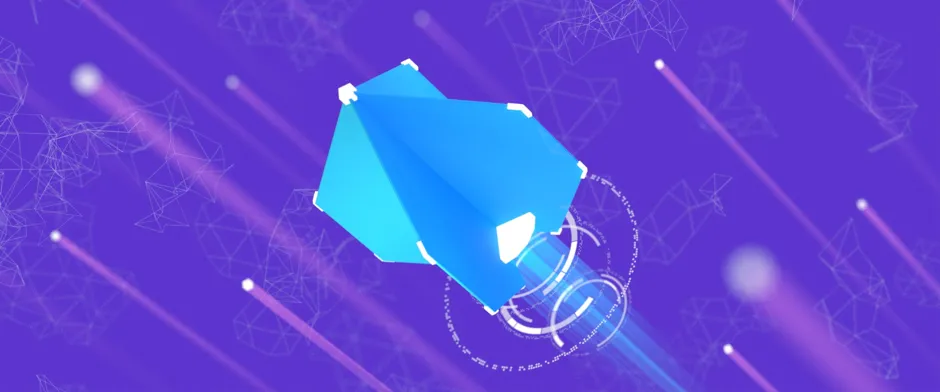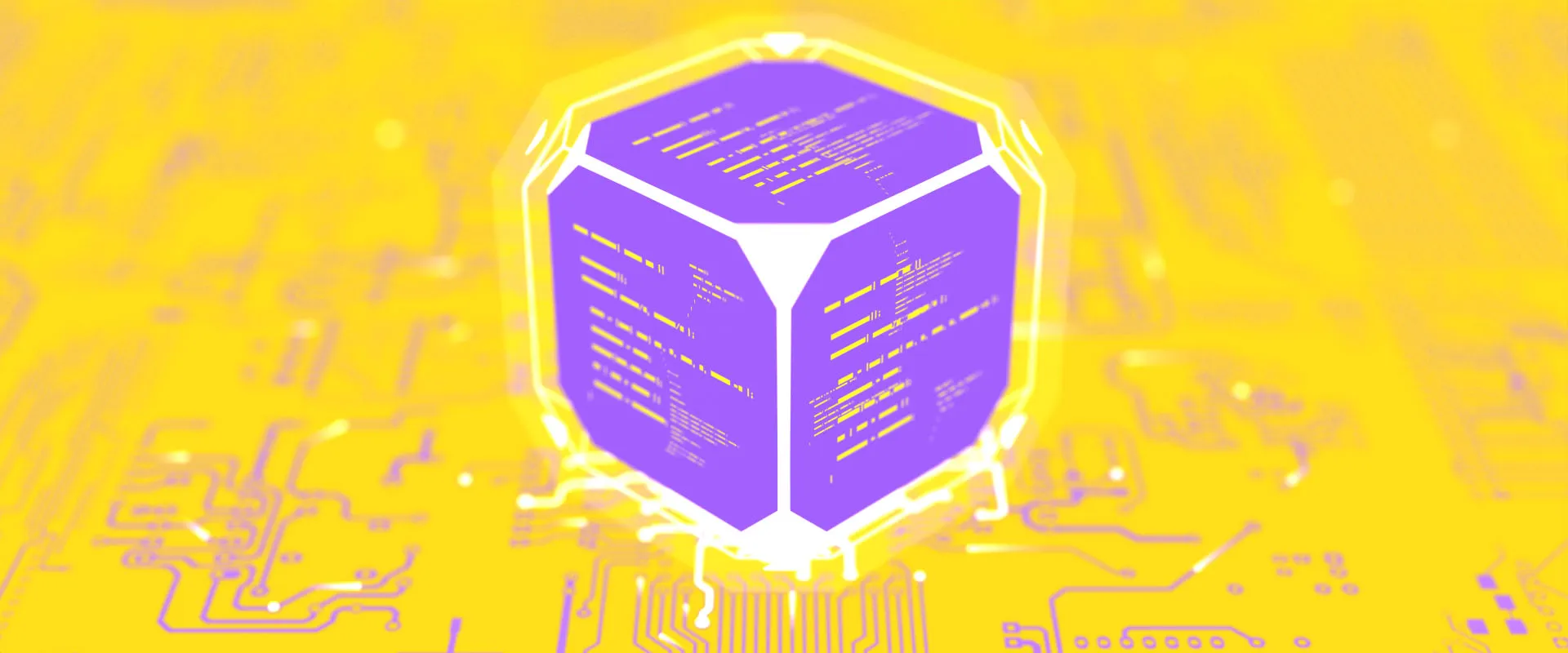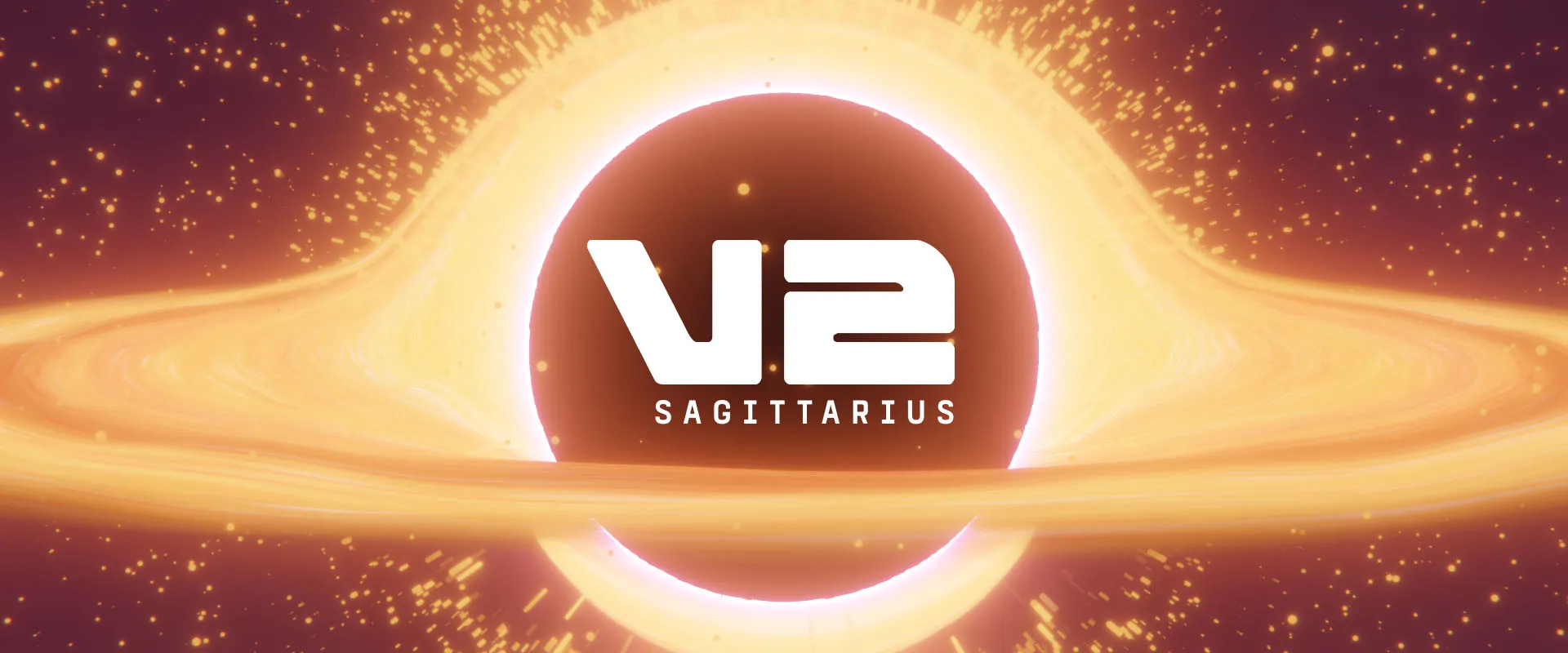Today we are releasing an official client library for the Dart language, making it the latest to join our expanding collection of first-party libraries for JavaScript, TypeScript, Deno, Python, Go, and Rust.
Give it a star on GitHub, checkout the docs, and join our Discord to discuss!
In other news, our .NET client is about to graduate to a production-ready library. Stay tuned for the upcoming announcement!
Users of EdgeDB will immediately feel familiar with the Dart client.
It has the same zero-config createClient() connection API. Connection
pooling is built-in and is fully automatic. Queries and transactions
retry on network and transaction errors. And the best news is that all of
this comes with great ergonomics and DX.
What is EdgeDB?
For the fellow Dartisans who are new to EdgeDB, here is a short overview of its killer features:
-
Modern, lean query language designed to surpass SQL in expressive power;
-
Rich type system;
-
A declarative schema which lets you express inheritance, computed properties, functions, complex constraints, access control rules;
-
A builtin migration system that can reason and diff schemas automatically or interactively;
-
Powered by PostgreSQL.
Getting started
Before you can get started with using the Dart client, you’re going to need an
EdgeDB instance for your project. If you don’t already have one setup, we have
a complete Quickstart guide that will walk you
through the process, but really it’s as simple as installing the
EdgeDB CLI tool with one curl command,
running edgedb project init in your project directory,
and following a couple of prompts.
Once that’s done, you’ll need to add the edgedb Dart package to your
dependencies:
$
dart pub add edgedbthen import it into your app:
import 'package:edgedb/edgedb.dart';Congrats! 🎉 Now you’re ready to run your first query in Dart:
final client = createClient();
void main() async {
print(
await client.query('select "Hello Dart!"')
);
}As with all our client libraries, the Client class is the main
interface of the library. It provides methods to run queries, handles
configuration of session state (e.g. globals), and automatically manages
and scales an internal pool of network connections to the database server.
To create a Client we use the createClient() function which, as you may
have noticed, is typically called without any arguments. When a Dart app
is run from an EdgeDB project directory, createClient() will
automatically find the database server to connect without any further
configuration needed.
Obviously for a database to be useful, you’ll need a schema and some data. In the following examples we’re going to use our usual “Movies” example database. The actual schema and sample data can be found in the example directory of the edgedb-dart repo.
Let’s try a more complicated query to show off some of EdgeDB’s features:
void main() async {
final movies = await client.query(r'''
select Movie {
title,
release_year,
actors: {
name,
@character_name,
}
} filter .actors.name = <str>$name''',
{'name': 'Ben Kingsley'}
);
print(movies);
}If you are following along in your IDE, you’ll notice that the
return type of the query is just List<dynamic>. Similarly, the query
args parameter allows any type and is only checked at runtime.
One of EdgeDB’s key strengths is that your schema and EdgeQL queries are statically type checked, as is Dart itself. Wouldn’t it be be useful if we could get our query results to be type safe as well? Luckily there is an answer.
Codegen
Dart has an idiomatic way for codegen in the form of the build_runner library. It’s used by many popular packages, such as json_serializable, to generate fully type-safe interfaces without having to manually define all the types yourself.
The edgedb package comes with its own Builder for Dart’s
build_runner, that out of the box
will generate fully typed extension methods on the Client class for all
the .edgeql files in your project. Let’s see an example of how it works.
First you’ll need to add the build_runner dependency to your project
and start the build runner in watch mode:
$
dart pub add --dev build_runner$
dart run build_runner watchNow let’s copy the above “movies” query into its own .edgeql file.
build_runner will then automatically generate a corresponding .edgeql.dart
file, which will contain a fully typed query method. All that’s left to
do is to import that generated file into your app, and use the new
query method on Client named after the .edgeql filename:
import 'package:edgedb/edgedb.dart';
import 'getMoviesStarring.edgeql.dart';
void main() async {
final movies = await client.getMoviesStarring(
name: 'Ben Kingsley'
);
for (var movie in movies) {
print('Title: ${movie.title}\n'
'Release Year: ${movie.release_year}\n'
'Cast:\n${movie.actors.map(
(actor) =>
' ${actor.$character_name}: ${actor.name}'
).join('\n')}\n');
}
}select Movie {
title,
release_year,
actors: {
name,
@character_name,
}
} filter .actors.name = <str>$nameNaturally the .getMoviesStarring() method accepts a properly typed
named argument for the query parameter name and returns a fully typed
result object.
If you’re surprised why the the link property @character_name became
$character_name in the return type, it’s because the @ character cannot
be used in Dart identifiers. See the codegen docs
for other similar cases to be aware of.
All the examples in this blog post have been just using the Dart SDK, but edgedb-dart will also work in your Flutter app. Take a look at the example in the edgedb-examples repo for a basic setup for using edgedb-dart with Flutter.
Wrapping up
We hope you’ll enjoy the EdgeDB + Dart combo. Please let us know how it goes on the edgedb-dart GitHub. ❤️
Last, but not least, the Dart client is only the first to get built-in support for codegen. We will soon be updating all of our client libraries to have it available out of the box. Stay tuned for the updates!


